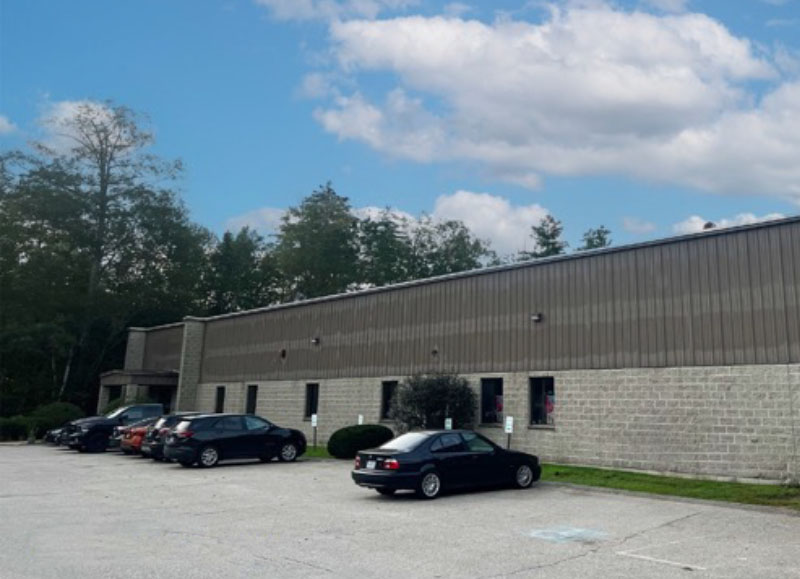News: Northern New England
Posted: March 6, 2008
Are we in a recession or are we not in a recession? Does anyone know what is going on?
As we enter February, we at Norton Asset Management, Inc. are very busy. Several clients want to sell some properties (land for development, apartments, mixed use retail, office condos . . . ). Others want to lease vacant office, retail and flex tech/manufacturing space. We also have several tenant representative assignments (warehouse, office, retail, flex tech). On the consulting/advisory side, we have a half dozen stressed properties. So in these anxious times there is plenty to do.
Rents generally are not rising. Tenants are grudgingly absorbing rising utility costs, along with rising taxes, but not rising base rents. Landlords agree that a leaner deal with an existing tenant is much better than a vacancy (no base rent plus having to pay the utilities, taxes and maintenance).
Ironically, interest rates have come down. I spoke to a fellow today who locked in a 5.45 rate 10 year fixed rate on a $10 million mortgage. So money to lend is a plenty, but lenders are tightening terms and reducing leverage (more equity). They need to put their capital to work, but are less willing to accept as much risk. Local and regional banks are experiencing some bad credits, not the multi billion dollar write offs of the big guys, but enough to squeeze earnings. All around folks are trying to be upbeat, but market gyrations (equities), huge swings in employment data, the Fed dropping rates in big chunks, is all very unsettling. The Democrats and Republicans are rushing a tax rebate economic stimulus package to the President. It's only another $180 billion of deficit!! That's $600 per man, woman and child. But at 4% that's only $24 interest per year, no big deal really . . .until you multiply that by 300 million Americans = $7.2 billion!! Oh yes, this along with deficits from the war in Iraq and other under funded spending. And this is a year of unprecedented tax receipts where Exxon Mobil made $11 billion profit in the past 90 days! Corporations have not been spending or investing so another tax stimulus to encourage them to borrow and invest is being talked about.
With luck, this recession thing will quickly pass and we can go back to our business-as-usual view of the world. So one day we read about the concern of inflation and the next day the economy is sliding into recession. Does anyone really know what is going on? The answer is, no, no one knows what is going on, but most have a theory about what may be happening.
A positive opinion:
The US is still the most powerful economic engine and global trader, and as such is well positioned to benefit from the maturing economic development of the emerging world. The US is on the cusp of a manufacturing rebirth. US intellectual capital is still the leader in the world where human development is dependent on more efficient utilization of increasingly scarce resources; on environmentally efficient utilization and consumption.
D. L. Carlson Investment Group Jan. 2008 Newsletter
A negative opinion:
The Fed responded on Tuesday to rising global credit market anxiety that a US recession was more likely to unfold. The Committee took this action in view of a weakening of the economic outlook and increasing downside risks to growth. Moreover, incoming information indicates a deepening of the housing contraction as well as some softening in labor markets.
Jeff Thredgold quoting the Fed statement on 1/22/08.
As of this writing, a quick bounce back seems much less likely (think of $90/bbl oil prices and a weakening US dollar). We are not upon the rocks yet, but we are far from clear sailing. If the US economy is mired down, can the other global nations pull us along? How much does your firm export? Where more than 4 of every 5 of us work in the service sector (i.e., only 19 out of 100 of us manufacture something), exports are harder to measure and quantify. The resilience of the US economy should pull us out this time but as Asia and Europe grows, our ability to pull the global economy is slightly reduced every quarter. It is both complex and challenging. I am looking forward to see how it all turns out.
William Norton, CRE, FRICS, is president of Norton Asset Management, Manchester, N.H.
Tags:
Northern New England
MORE FROM Northern New England
PROCON and Hitchiner break ground on 57,000 s/f shared services operations facility
Milford, NH Hitchiner, in partnership with PROCON’s integrated design and construction team, has officially broken ground on a new 57,000 s/f shared services operations facility at its Elm St. campus. This building will house value-added services used across Hitchiner’s various business units,

Quick Hits







